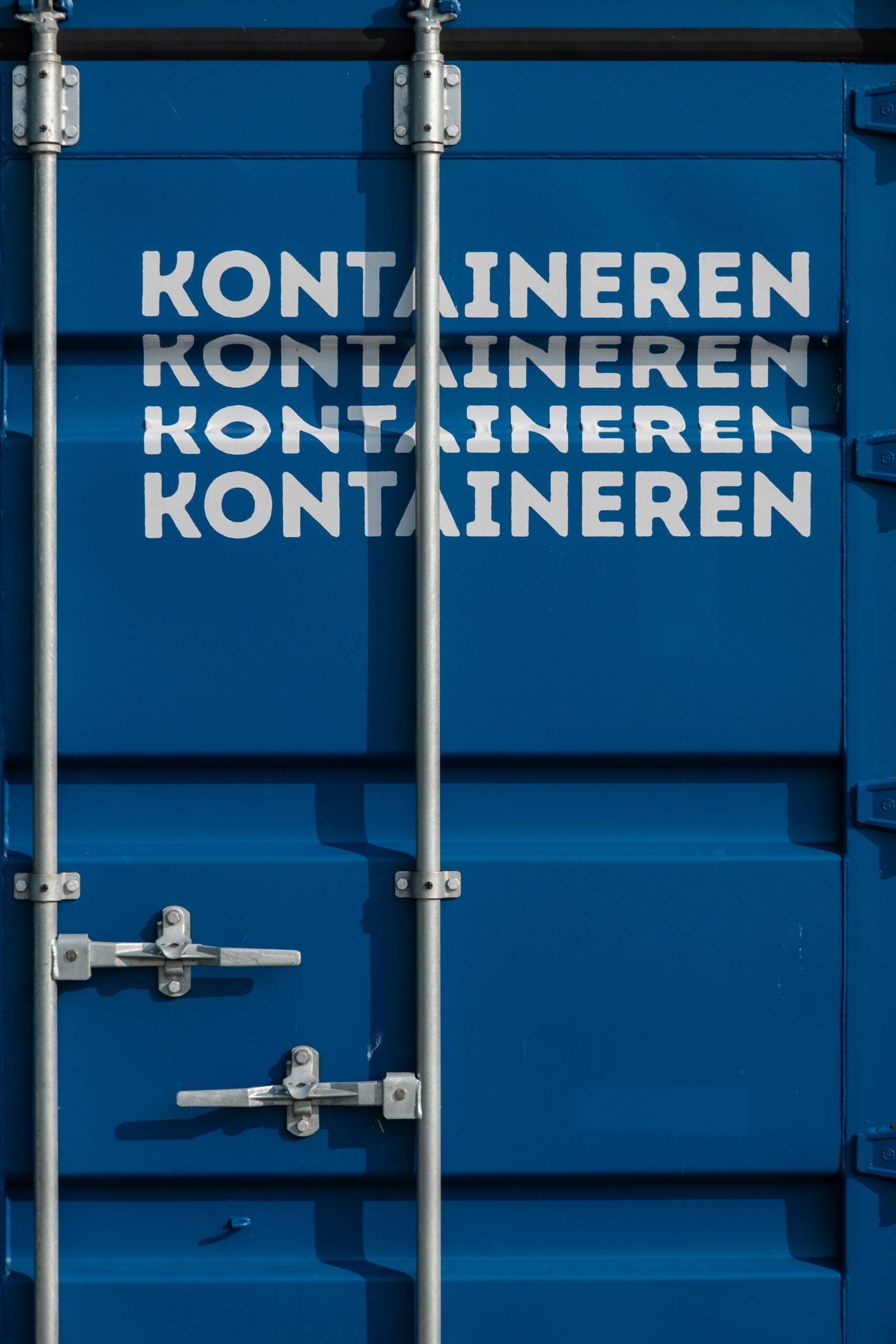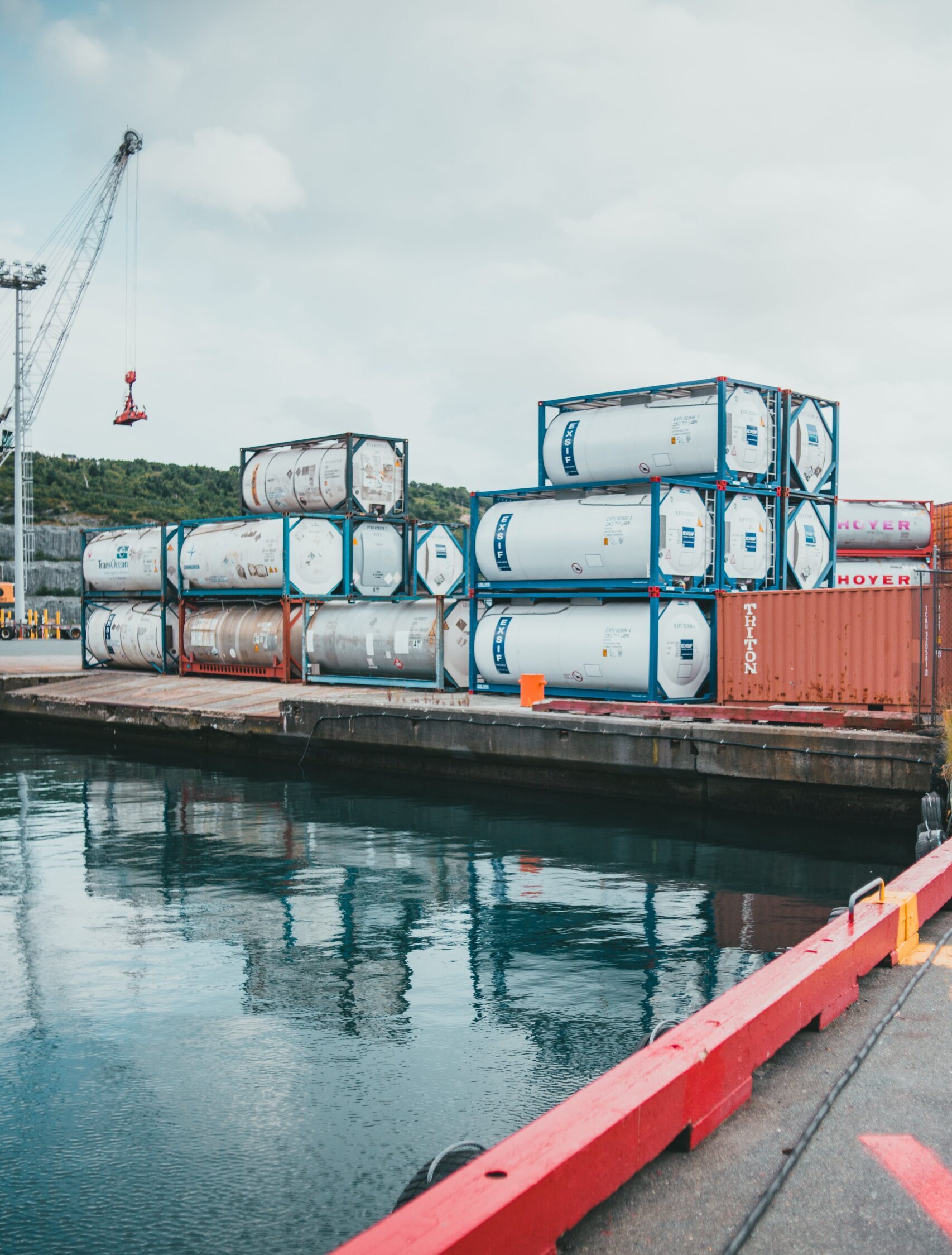- Mon-Fri : 08:00 AM - 05:00 PM
- info@bplreloc.com
- +971 6 5635943 , 056 8089656 , 056 7224476
Air-Sea-Land Shipping
Commercial cargo shipping involves the transportation of goods and products for the purpose of trade and commerce. It is a crucial aspect of the global economy, facilitating the movement of goods between countries and continents. Here are key aspects related to commercial cargo shipping:
Modes of Transportation:
Maritime Shipping: Many commercial goods are transported by sea using container ships, bulk carriers, and other vessels. Containerization has revolutionized maritime shipping, allowing for efficient loading,unloading, and transportation of standardized containers.
Air Freight: Air cargo is used for time-sensitive and high-value shipments. It offers rapid delivery but is generally more expensive compared to maritime shipping.
Land Transport: Trucks and trains are commonly used for transporting cargo overland, connecting ports and distribution centers.
Containerization:
Standardized Containers: The use of standardized containers simplifies the loading, unloading, and transportation of goods. Containers can be seamlessly transferred between ships, trucks, and trains.
Advantages: Containerization reduces cargo handling costs, minimizes the risk of damage, and improves the overall efficiency of the shipping process.
Cargo Insurance:
Importance of Insurance: Shippers often use cargo insurance to protect against loss or damage during transit.
Types of Insurance: Different types of insurance, such as marine cargo insurance, provide coverage for various risks.
Technology in Cargo Shipping:
Tracking and Visibility: Technology, including GPS and tracking systems, provides real-time visibility into the location and status of cargo shipments.
Blockchain: Blockchain technology enhances transparency, security, and traceability in the supply chain.

Modes of Transportation:
Customs Clearance
Customs clearance is a critical step in the shipping process. It involves the submission of necessary documents, payment of duties payment of duties and taxes, and compliance with import regulations.
Commercial Invoice
Provides details about the goods, their value, and the terms of sale. Bill of Lading: Serves as a receipt for the goods and a document of title, indicating ownership. Packing List: Details the contents, quantities, and packaging of the shipment.

BPL Reloc as your freight forwarder
BPL Reloc play a crucial role in coordinating the shipment process. We arrange transportation, handle documentation, and ensure compliance with customs regulations.
Definition of Responsibilities
Incoterms define the responsibilities of buyers and sellers in international trade. They specify who is responsible for transportation, insurance, and customs duties at different stages of the shipping process.
Environmental Considerations
Sustainability Practices: The shipping industry is increasingly adopting sustainable practices to reduce environmental impact, such as using more fuel-efficient vessels and exploring alternative fuels.
Understanding these aspects of commercial cargo shipping is essential for businesses engaged in international trade and logistics. It helps optimize supply chain operations, reduce risks, and ensure the timely and secure delivery of goods.

